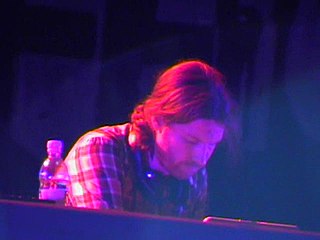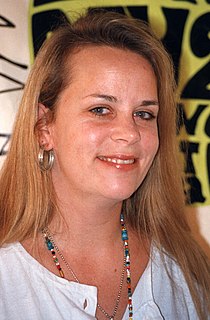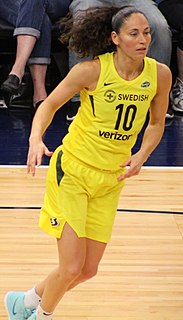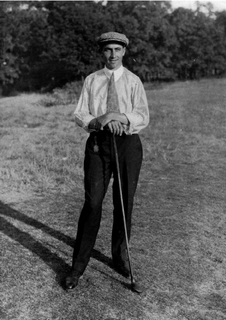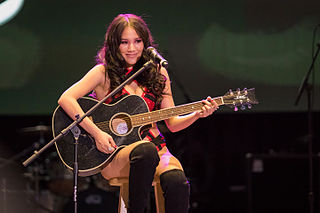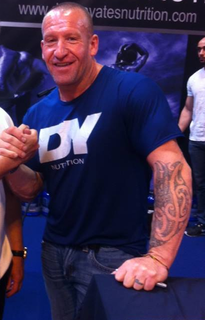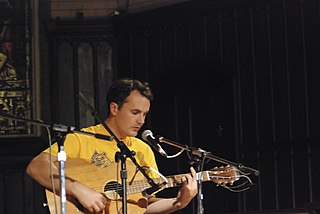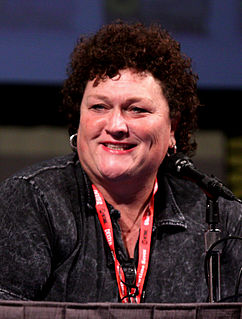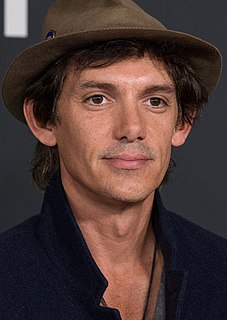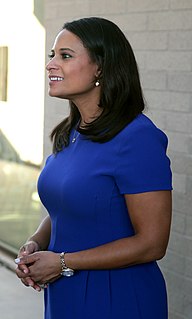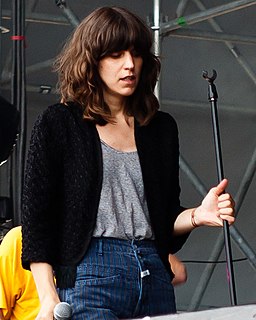A Quote by Aphex Twin
If it takes you three years to set up a studio, and you've made one track with that setup, then the logical thing to do is not change anything and just do another one using the same set of sounds.
Related Quotes
I started many years ago using the Boss DS-1 and then graduated to the Satchurator and putting that right into that clean channel, and that sounds great. I've done many tours with that setup. Then we took the next two channels that were part of the JVM sound in channel 1 and made them a little more subtle.
We were never a band that did 96 takes of the same thing. I had heard of groups that were into that kind of excess around that time. They'd work on the same track for three or four days and then work on it some more, but that's clearly not the way to record an album. If the track isn't happening and it creates some sort of psychological barrier, even after an hour or two, then you should stop and do something else. Go out: go to the pub, or a restaurant or something. Or play another song.
And by banning [smartphones] from the set, the whole crew tends to work tighter with each other. And then it just becomes a thing where people kind of fall in love with the idea, 'This is the film-industry that I signed up for! This is really wonderful.' But then they go back to another set and everybody's on their cellphone, everyone's in their own little box, and they get depressed about it.
I think it's hard to compare the NBA and the WNBA, but the thing about the NBA is they just have a ton of movement every year, but the WNBA doesn't. Free agency is not set up that way; the money is obviously not set up that way, so when one player moves, it could set the stage for, literally, like, six or seven years.
I approach song writing three different ways. One way is where I write the initial melody and lyrics first and then take it in to the producer to collaborate. Another way is where the producer sends me his initial musical track ideas and then I write the lyrics and melody over his track. The third way is where we just jam out in the studio and see what we come up with.
One set at extreme intensity does the muscle-building job. It must be stressed that the one final, all-out set I do takes me to the very limit of my capabilities. If you feel you can attempt a second set, then you couldn’t have been pulling out all the stops during the first set. It's not pretty, but it works.
I became interested in the delay, having sounds recorded and played back and then come back. I did many different configurations of sending signals from one track back to another track, or to the same track, or crisscrossing them and so forth. I worked on masking the delays so when I played into the machine, I would make long tones and collect sounds in such a way that you didn't hear the delay, although sometimes you did.
I did volleyball, basketball, and track all through high school. And then I went to junior college and I stuck with track because I was good at shot put and discus. And then I got a full ride to Fresno State for their track program. Shot put was my main thing. I was the five-time All-American, and I set a couple records.
I typically set at least three alarms. I have two alarms set on my iPhone, I still use a Blackberry for work, so I set my alarm on that, and then if I'm staying in a hotel, I request a wake-up call. I've never overslept - knock on wood. But I have had an instance where one of my four alarms has failed, so that's why I stand by the multiple alarms.
It was more about getting together with other musicians and playing live. I needed to suss out a full set [for the Last Summer tour], and I didn't want to play Fiery Furnaces material. So half of our set was new songs that we ended up recording for this album. And that made such a huge difference - going into the studio after playing a song for two years, knowing it inside-out and having sung it millions of times, and then recording it is a totally satisfying experience. You're suddenly in this controlled environment and you can make it sound exactly as you've been imagining it.
